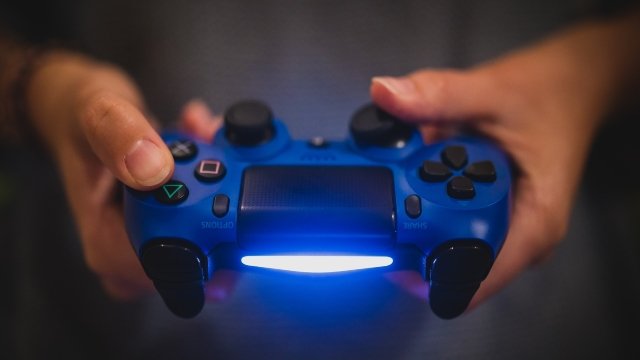In June last year, the World Health Organization (WHO) officially classified gaming disorder as part of its International Classification of Diseases (ICD) which met with considerable backlash from gamers and the games industry, alike. Fast forward half a year and it seems that WHO has had meetings with both the Entertainment Software Association (ESA) and the British trade body, UKIE in…

Atlas is an action-rpg with rogue-like elements where you use your ability to control the ground to fight the enemies and move through procedurally generated worlds.










